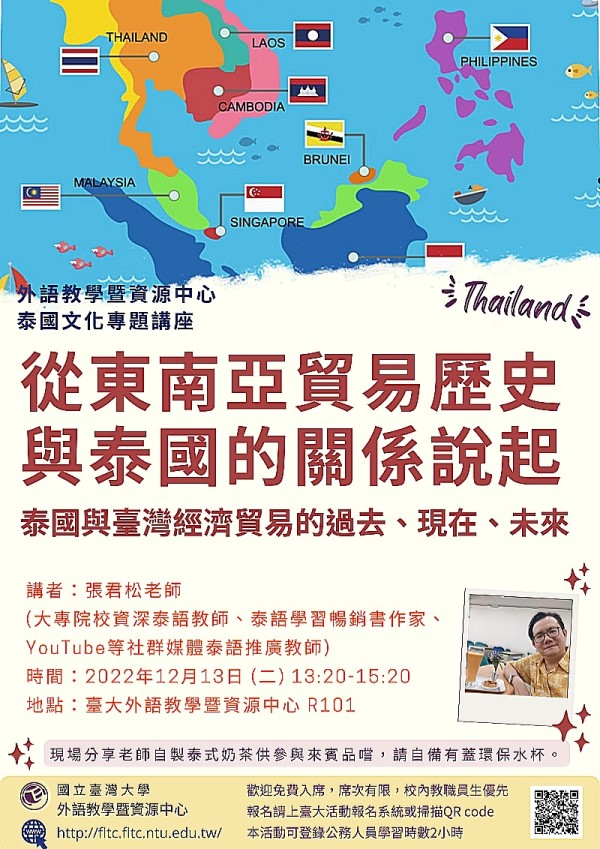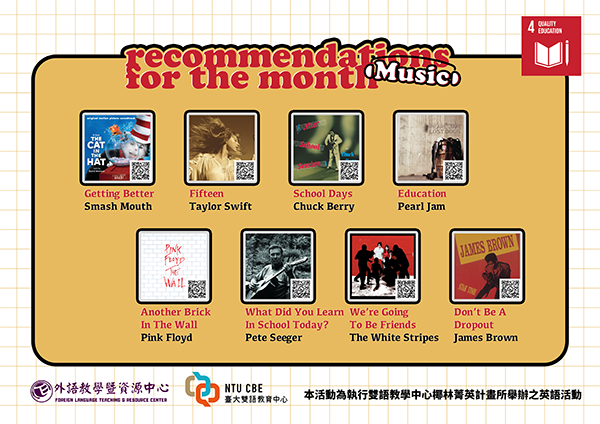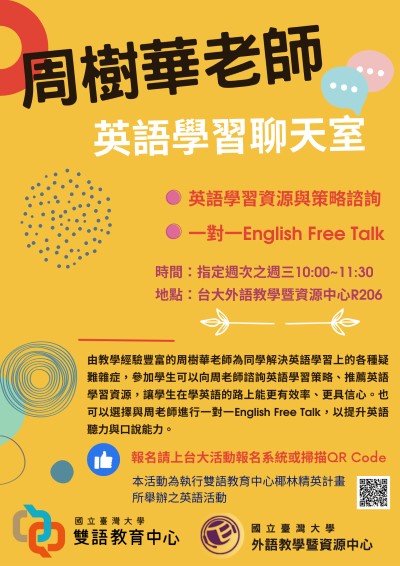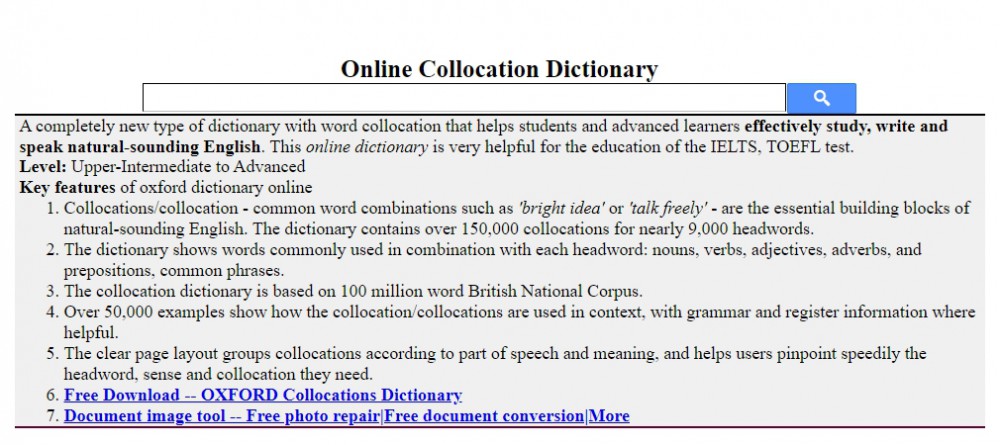FBI Says It has ‘National Security Concerns’ About TikTok
VOA News|Masood Farivar
November 15, 2022 9:57 PM (source)
FBI Says It has 'National Security Concerns' About TikTok
FBI:抖音在美營運存國安隱憂
November 15, 2022 9:57 PM
USA
VOA News 搶先看
美國聯邦調查局 (FBI) 局長克里斯多福·瑞伊 (Christopher Wray) 週二(編按:2022 年 11 月 15 日)在一場國土安全聽證會中指出,來自中國的短影音應用程式「抖音」具有潛在的國家安全疑慮,其中包括中國政府可能透過此程式監控自數百萬用戶取得的數據資料,或控制其演算法的推薦機制等,進而對國家的思想、創新和經濟安全層面上帶來長期威脅。而「抖音」官方則是予以否認,強調自己與中國政府並無任何關聯。
FBI Director Christopher Wray said on Tuesday that the bureau has "national security concerns" about popular short-form video hosting app TikTok as the Chinese-owned company seeks U.S. government approval to continue operating in the country.
Speaking during a U.S. House of Representatives Homeland Security Committee hearing on "worldwide threats to the homeland," Wray said the FBI's concerns about TikTok include "the possibility that the Chinese government could use it to control data collection on millions of users."
There is also concern, Wray said in response to a question, that the Chinese government could "control the recommendation algorithm, which could be used for influence operations ... or to control software on millions of devices, which gives the opportunity to potentially technically compromise personal devices."
In written testimony, Wray called the foreign intelligence and economic threat from China "the greatest long-term threat to our nation's ideas, innovation, and economic security.”
But he declined to answer in an open session a lawmaker's question about whether the Chinese government has been leveraging TikTok to collect data about U.S. citizens.
Concerns about ties to Chinese government
TikTok's ties to the Chinese government have been a flashpoint among U.S. lawmakers and officials for years. The app grew in popularity in recent years after its parent company, ByteDance, a China-based company with suspected ties to the Chinese government, bought and later absorbed Musical.ly, which allowed users to create and share lip-sync videos.
Citing national security concerns, then-President Donald Trump issued an executive order in 2020 that would effectively ban TikTok in the United States. But the social platform sued to block Trump's executive order.
Last year President Joe Biden revoked the Trump directive, asking the Treasury Department to examine security concerns associated with the app.
The Committee on Foreign Investment in the United States (CFIUS), an interagency body headed by the Treasury Department that reviews the national security implications of foreign investments in U.S. companies, has been examining TikTok's proposal to continue to remain active in the U.S. market and the risks associated with it.
Noting that the FBI's foreign investment unit is part of the CFIUS review process, Wray said that "our input would be taken into account in any agreements that might be made to address the issue."
U.S. lawmakers question how data used
Although TikTok has denied having ties to China's ruling Communist Party, U.S. lawmakers have long expressed concern about the Chinese government's ability to access U.S. user data collected by the app.
Questioning Wray during Tuesday's hearing, Republican Representative Diana Harshbarger cited a recent Forbes article that reported ByteDance "planned to use the TikTok app to track the physical location of specific American citizens."
TikTok later dismissed the allegation raised in the article, saying in a statement it "does not collect precise GPS location information from U.S. users."
In a June letter, TikTok sought to reassure U.S. lawmakers about its data security, writing that it now stores "100% of US user data, by default, in the Oracle cloud environment."
'Spinach' vs. 'opium' versions
Last week, the U.S. TV news magazine "60 Minutes" reported that TikTok has two versions — a limited, educational "spinach version" for Chinese consumers, and an addictive "opium version" for the rest of the world.
While the version used in the West "has kids hooked for hours at a time," in China, children under 14 years can use TikTok for only 40 minutes per day and view only videos about science experiments, museum exhibits, patriotic videos and educational videos, according to "60 Minutes."
Wray said the online "threat to our youth is something we're always concerned about. "The FBI is just as concerned about the way the Chinese government uses its laws as "an aggressive weapon against companies, both U.S. companies and Chinese companies," he said.
"Under Chinese law, Chinese companies are required to essentially — and I'm going to shorthand here — basically do what the Chinese government wants them to do, in terms of sharing information or serving as a tool of the Chinese government," Wray said. "And so, that's plenty of reason by itself to be concerned."
Beijing has denied similar allegations in the past.
Language Notes
註 1:algorithm (n.):演算法
註 2:leverage (v.):運用已有的…(資源、影響力等 )來獲取新(或更好)的目標
註 3:flashpoint (n.):即將爆發的地點或階段
註 4:directive (n.):行政命令
註 5:allegation (n.):指控
BACK TO CONTENT
Check your comprehension!
Choose the BEST answer to each of the questions below. After you finish, highlight the parentheses to reveal the hidden answers.
1. ( B ) Why does the FBI think TikTok is a potential threat to national security?
(A) The content on TikTok is not very informative.
(B) The Chinese government might use TikTok to control its users.
(C) TikTok might steal algorithms from the U.S.
(D) Teenagers spend too much time on TikTok.
2. ( D ) Why does TikTok say "100% of US user data, by default, [is stored] in the Oracle cloud environment."?
(A) to show that the app can connect to the server rapidly
(B) to demonstrate that they give user data back to U.S. society
(C) to explain that they use the most advanced technology
(D) to clear doubts about sharing data with the Chinese government
3. ( B ) How does Tiktok's Chinese version differ from its global one?
(A) Its user interface is designed better.
(B) Only educational videos can be viewed.
(C) Users do not need to give personal details when creating a new account.
(D) The content should be censored by the government before being made available.
編譯:外語教學暨資源中心 編輯小組
|

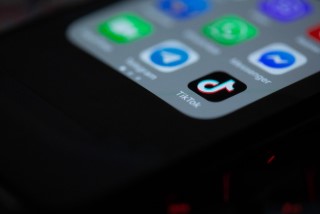 Read more on VOA.
Read more on VOA.
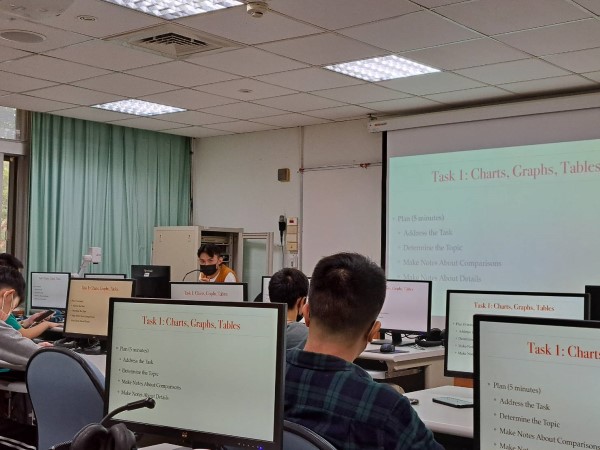
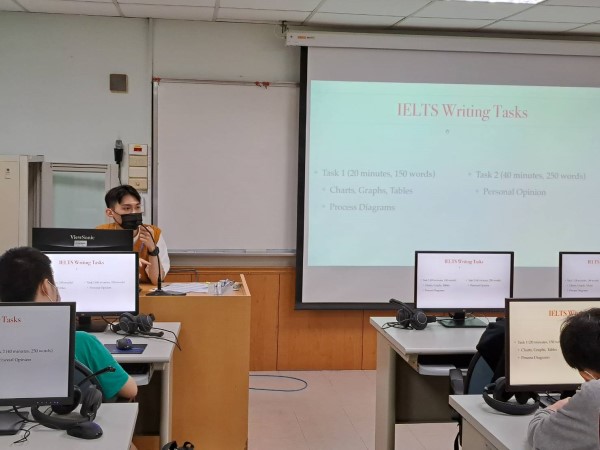
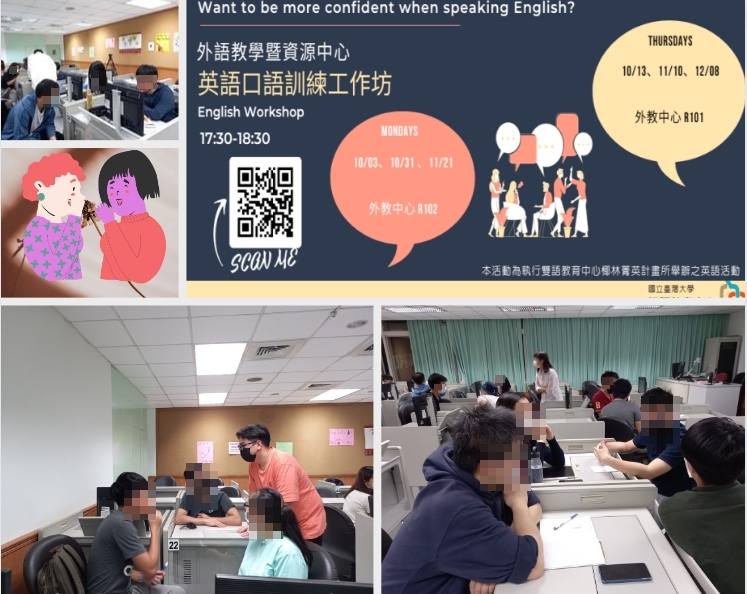
 【活動名稱】
【活動名稱】